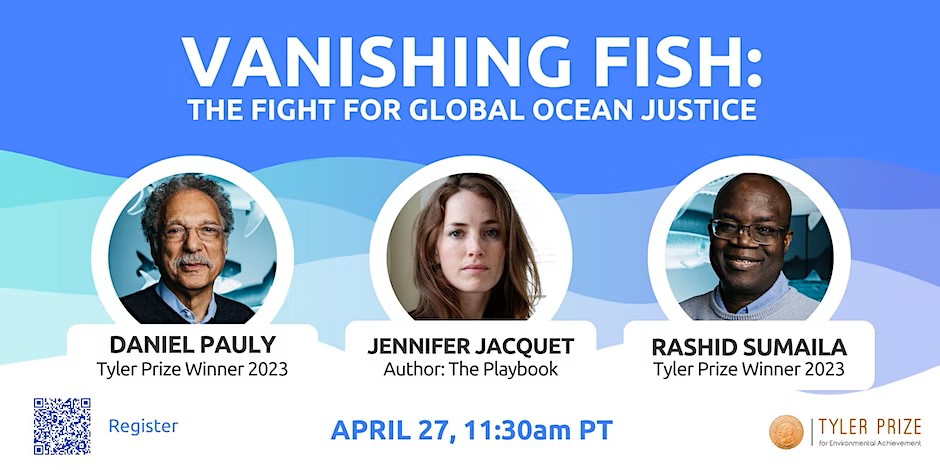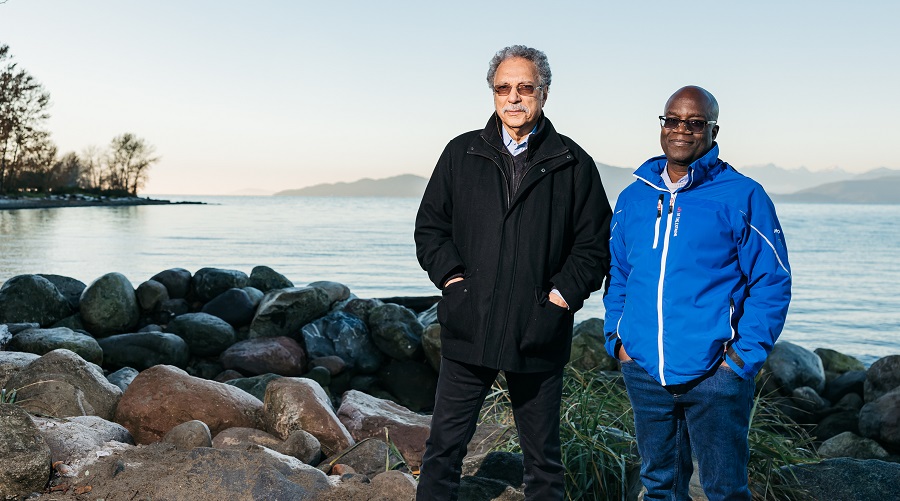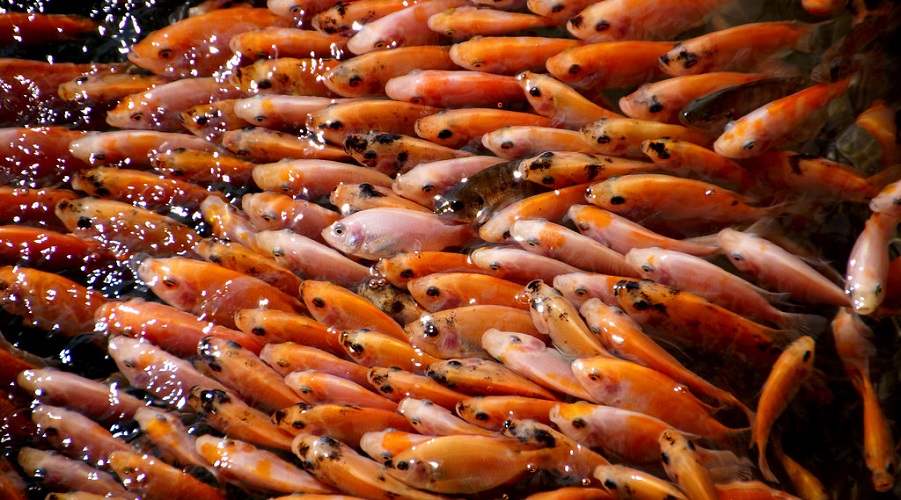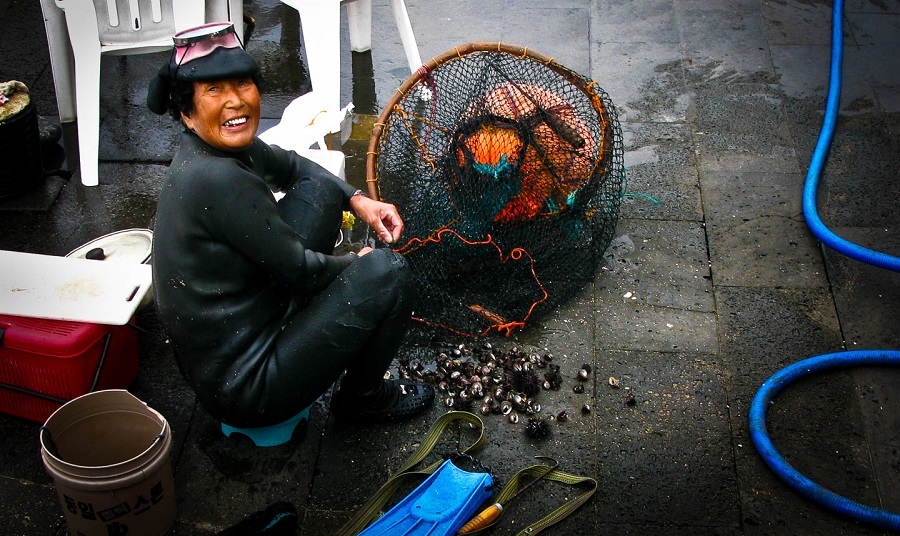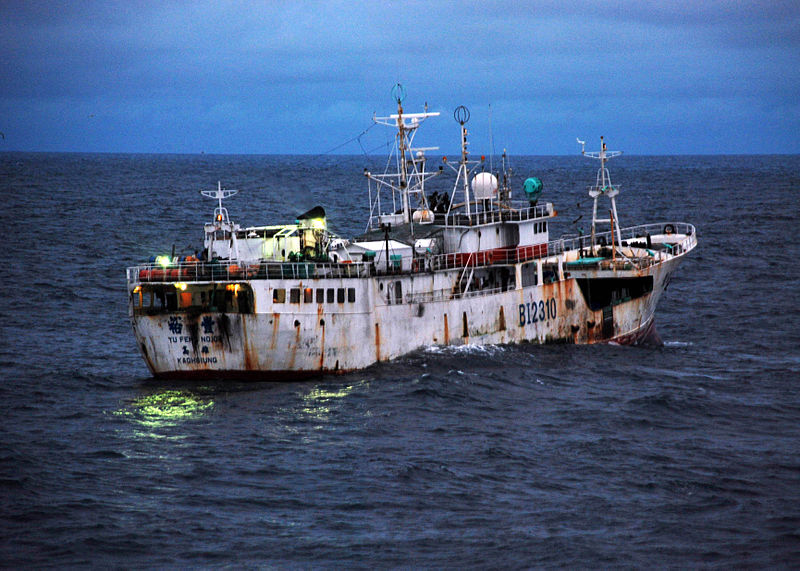Three leading environmental thinkers discuss the global fight for ocean justice, in a world grappling with the impacts of overfishing and climate change. They will also discuss the Tyler Prize Laureates‘ call to end fishing on the high seas – as well as reflect on the Tyler Prize, which is this year celebrating its 50th Anniversary.
Join us for this special in-person and online conversation at the University of Southern California (USC) – home of the Tyler Prize for Environmental Achievement.


